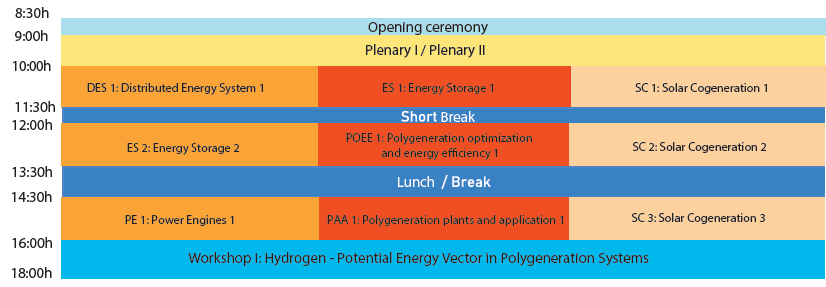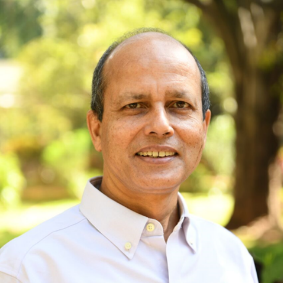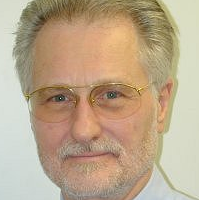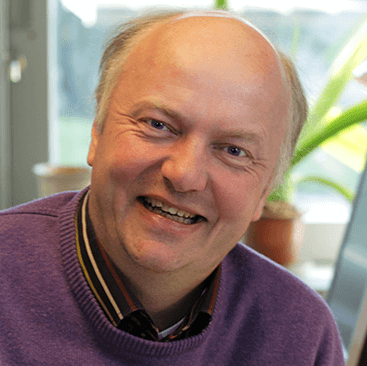Pradip Dutta
IISc Bangalore, India

The Intergovernmental Panel on Climate Change estimates that, in order to avoid the dramatic environmental impacts due to climate change if a higher increase of 1.5 °C global mean temperature is reached, humankind should start now reducing the greenhouse gas emissions with the objective of achieving by 2050 net-zero CO2 emissions at global level. This urgent challenge called for the European Commission to present a proposal for cutting greenhouse emissions by at least 55% by 2030 and to the European Parliament to endorse the European Union objective of achieving net-zero greenhouse gas emissions and a climate-neutral society by 2050 at the latest. Following the EU and several European countries, three major Asian economies recently announced targets for reaching net-zero emissions: Japan and South Korea by 2050, and China by 2060. Furthermore, the USA government has announced the alignment of its climate policy with Paris agreement on greenhouse gas emissions reduction.
In the achievement of this huge challenge, polygeneration systems can play a key role since they refer, thanks to an efficient energy process integration, to the combined production of electricity, heat, cold and any other useful products such as potable water, dry air, biofuels and/or synthetic fuels, among others. Properly designed, polygeneration systems enable an effective way to achieve a lower consumption of natural resources, a reduction of greenhouse gas emissions and pollutant emissions as well as economic savings relative to conventional separate production. Likewise, they allow for the cost-effective, energy efficient and environmentally friendly integration of different technologies with renewable energy, contributing significantly to achieve the worldwide goals concerning energy and environmental policies, such as the Paris agreement adopted in December 2015.
The sixth International Conference on Polygeneration -ICP 2021- aims to significantly contribute to reach this challenge opening a space for presenting and sharing the most recent advances, new technologies and concepts and successful cases on the most efficient and environmental friendly ways to use energy resources.
The ICP 2021 will be held on-line on 4-6 October 2021. It will be organized by the Thermal Engineering and Energy Systems research group, pertaining to the Aragón Engineering Research Institute of the Universidad de Zaragoza, Spain, in collaboration with the Universitat Rovira i Virgili, Spain.
Ana Lázaro (Conference Chair)
I3A - University of Zaragoza, Spain
Monica Delgado
I3A - University of Zaragoza, Spain
Silvia Guillén
I3A - University of Zaragoza, Spain
Alejandro Labarías
I3A - University of Zaragoza, Spain
Miguel Angel Lozano
I3A - University of Zaragoza, Spain
José Mª Marín
I3A - University of Zaragoza, Spain
Miguel Navarro
I3A - University of Zaragoza, Spain
Eduardo Pina
I3A - University of Zaragoza, Spain
Edwin Pinto
I3A - University of Zaragoza, Spain
Luis Serra
I3A - University of Zaragoza, Spain
Belén Zalba
I3A - University of Zaragoza, Spain
Alberto Coronas
I3A - University of Zaragoza, Spain
DAY 1, 4th October

DAY 2, 5th October

DAY 3, 6th October


Pradip Dutta
IISc Bangalore, India

Manfred Groll
University of Stuttgart

Henrik Lund
Aalborg University, Denmark

Halime Ö. Paksoy
Çukurova University, Adana, Turkey

Silvia A. Nebra
State University of Campinas, Brazil
STUDENT
50 €
STANDARD
150 €
ADDITIONAL ABSTRACT
50 €
If you have any questions please send us an email and we will respond as soon as possible.